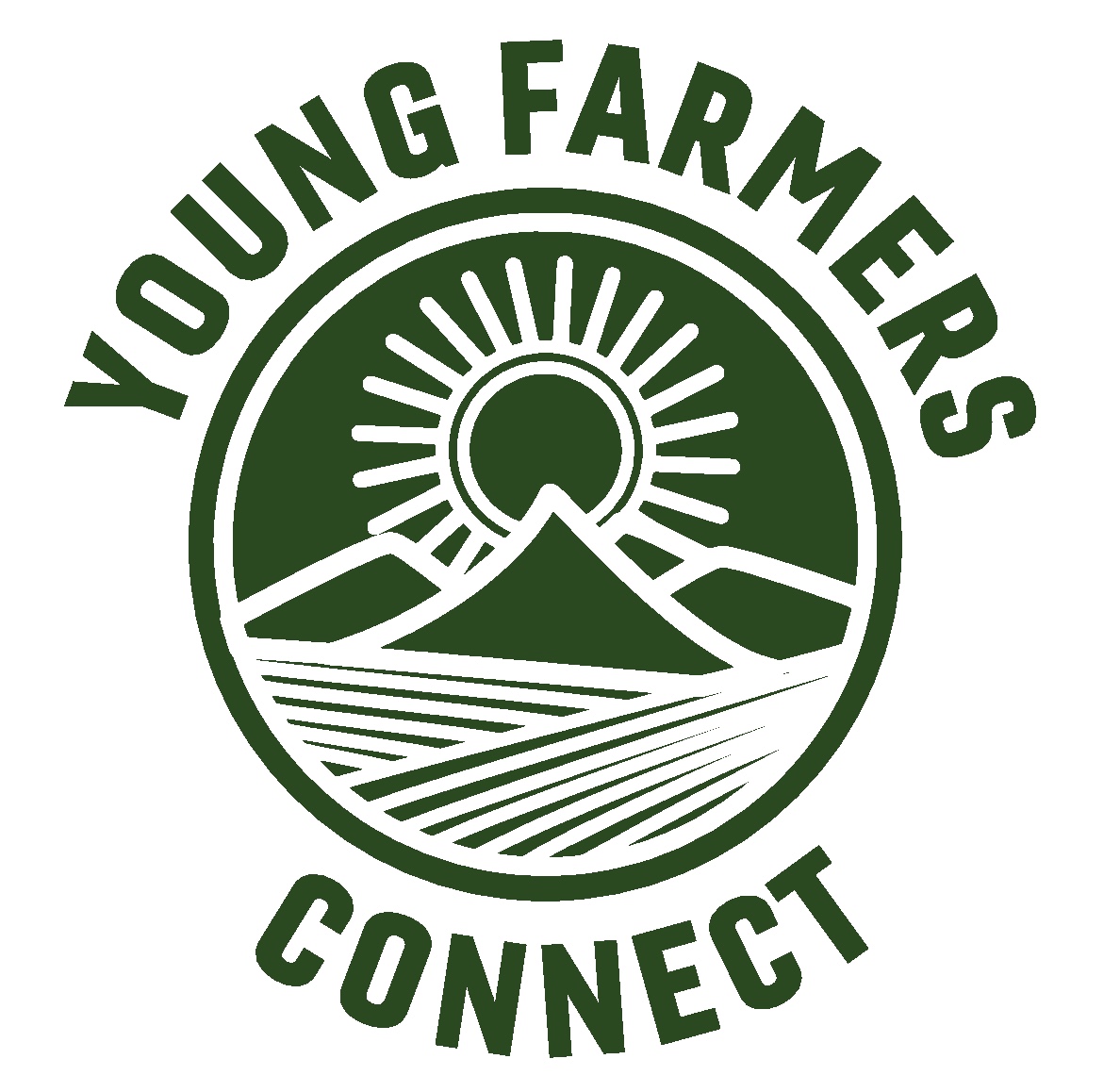Callum Champagne - Green Farm Connect
My name is Cal. I’m 30 years old and I manage Green Connect Farm.
Green Connect is a social enterprise that creates employment pathways for young people and former refugees. We create these pathways in sustainable industries, working in zero waste, staffing solutions and fair food.
Where and what do you farm?
Our 10-acre farm is a stone through away from the notorious Port Kembla steelworks, right in the middle of an urban area, and a community that is one of NSWs unemployment capitals. The farm provides employment, work experience, mentorship and vocational training for resettled refugees and young people at risk of intergenerational unemployment.
The farm is designed through Permaculture methods and our practices are non-certified organic.
The biggest element of what we do is selling seasonal veg and herbs through a CSA style veg box (we currently do about 140 boxes per week), as well as to a few restaurants and cafes. For this we grow over 40 types of seasonal vegetables and herbs all-year-round.
We also do free-range pork, lamb and eggs direct to the customer, and have 300 plus fruit trees in the ground (yet to produce).
How did you start your farming journey/what let you to it?
I grew up on a Permaculture demonstration property, so I’ve always loved being on the land. I moved to the Illawarra to study environmental sciences, sociology, and sustainable development. Anyone who’s ever studies these fields will know that its 99 per cent of the course content is detailing how f**ked the world is, and especially the way that human society interacts with the environment. Understanding that the food system is the real intimate connection between people and planet, I through: if I want to make positive change, then surely growing food that is sustainable and socially just is a good way to do it!
I was starting to form a real desire to be a farmer when I met Jess Moore, who ran a social enterprise start-up called Green Connect. Jess had identified a desire among her staff-base (most of which were resettled refugees) to work in farming and was tentatively on the look out for land. The stars must have aligned, because a 10-acre plot of land (albeit one with major weed, security, water and contamination issues) became available. And so began the journey of creating Green Connect Farm.
Is it what you expected?
No, nothing was what I expected! I could not have imagined how hard the journey was going to be, but at the same time, I could not have imagined how rewarding it would be.
Biggest learning curve so far?
The biggest learning curve was the realisation that I needed to be in a permanent state of learning!
This sounds stupid, but even with a background in Permaculture, I new so little about growing veggies. So, when I started, I would call up friends who grew their own food and literally run through a list of 100 plus questions. I would spend sleepless nights on google and YouTube searching for any information I could.
I thought I signed up to grow veggies, but over the last six years I’ve had to learnt how to farm pigs, chickens and sheep, how to empower staff, volunteers, and inters from diverse backgrounds, I’ve learnt business management, riparian zone regeneration, food forest establishment and management, diesel mechanics, plumbing etc. etc.
Who / what/ why inspired you to get farming?
In 2013 I was doing my master’s degree in Sustainability science. When I didn’t have contact hours, I was volunteering for a man named Aron Sorenson, who runs some of the country’s premier school gardens.
As a friend and a mentor, Aron has inspired me in so many ways. He uses Permaculture as a tool for empowering young people to take responsibility for themselves, their community and their environment. During my time with him I learnt how building soil, planting seeds, nurturing young plants and then harvesting and eating veg can be such an empowering thing for kids who can often feel like so much about their life is out of their control.
This use of growing food as a tool for creating positive social change is what inspires me to do what I do.
What is your biggest milestone so far? What is the dream?
Being able to take time away from the farm and know that it’s not all going to go to s**t is the biggest milestone. It’s awesome to know that the staff I’ve been developing have got to a stage where they can operate autonomously.
The dream is to grow sustainable farming as a viable career path for young people and for former refugees who want to get into this field. I’ve seen how much the land needs people, and people need the land, and I want to create a food system that does a better way of connecting these two.
